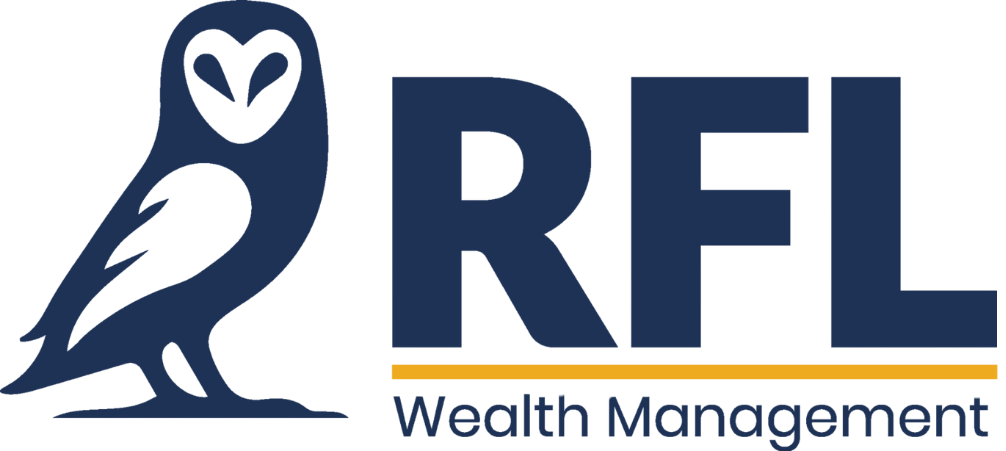Understanding Your Retirement Financial Planning Journey For A Worry-Free Future

Retirement is a significant life milestone that marks the transition from a career-focused life to a period of leisure, exploration, and relaxation. While the prospect of retirement is exciting, it also comes with the responsibility of ensuring your financial security and well-being during your golden years. This is where comprehensive financial planning for retirement becomes crucial. In this post, we will look into the key aspects of understanding and embarking on your retirement financial planning journey for a worry-free future.
The Essence of Retirement Financial Planning
Retirement financial planning involves a strategic approach to managing your finances before and during retirement to ensure a comfortable lifestyle and financial security. It encompasses a wide range of considerations, from estimating your retirement expenses and sources of income to optimizing your investment portfolio and planning for potential healthcare costs.
The Retirement Financial Planning Journey
Crafting a successful retirement financial plan involves a systematic approach that considers your aspirations, current financial status, and future needs. By following a well-defined path, you can ensure that your retirement years are not only financially secure but also fulfilling. Here are ten essential steps that encompass the journey toward comprehensive retirement financial planning:
- Setting Retirement Goals
Your retirement goals serve as the foundation of your financial planning journey. Begin by envisioning your ideal retirement lifestyle. Do you plan to travel extensively, engage in hobbies, or simply enjoy relaxation? Understanding your aspirations will help you estimate the funds you’ll need to support your desired lifestyle.
- Calculating Retirement Expenses
Estimating your retirement expenses is a critical step in the planning process. Account for essentials such as housing, healthcare, food, and transportation, as well as discretionary expenses like entertainment and travel. Overestimating expenses is generally advisable to ensure you have a financial cushion.
- Evaluating Current Financial Situation
Assess your current financial health, including your savings, investments, pension plans, and other assets. Determine your net worth and analyze your existing investment portfolio’s performance and risk profile. This evaluation provides a baseline for your retirement plan.
- Creating a Retirement Budget
Based on your estimated expenses and current financial situation, develop a comprehensive retirement budget. This budget will outline how much income you’ll need during retirement and guide your financial decisions.
- Identifying Income Sources
Identify potential sources of retirement income, such as Social Security benefits, employer pensions, retirement accounts (e.g., 401(k) or RRSP), annuities, and investment income. Consider how these income streams align with your expenses and explore strategies to maximize their benefits.
- Investment Strategy and Asset Allocation
Craft an investment strategy that aligns with your risk tolerance and retirement goals. As you transition from wealth accumulation to distribution, your investment portfolio’s asset allocation may shift to include a mix of income-producing assets, capital preservation, and moderate growth investments.
- Healthcare and Long-Term Care Planning
Account for potential healthcare and long-term care expenses in your retirement plan. Investigate health insurance options, including Medicare in the U.S. or public healthcare programs in other countries. Additionally, explore long-term care insurance to safeguard against significant healthcare costs.
- Estate and Legacy Planning
As part of your retirement financial planning, consider how you want to leave a legacy for your loved ones. This may involve creating or updating your will, establishing trusts, and addressing estate tax implications.
- Regular Reviews and Adjustments
Retirement financial planning is not a one-time task. Regularly review and adjust your plan as circumstances change, such as shifts in the market, changes in your personal situation, or updates in tax regulations. Flexibility is essential to ensure your plan remains aligned with your goals.
- Consulting Financial Professionals
Navigating the complexities of retirement financial planning can be overwhelming. Consider seeking advice from certified financial planners (CFPs), retirement specialists, and estate planning attorneys. These professionals can offer tailored guidance based on their expertise and your unique circumstances.
The Role of Emotional Preparedness
While the technical aspects of retirement financial planning are crucial, emotional preparedness is equally important. Retirement marks a significant lifestyle change, and the emotional transition can impact your overall well-being. Here are some considerations:
- Lifestyle Adjustment
Retirement often involves a shift in daily routines, social interactions, and personal identity. Embrace these changes and explore new hobbies, activities, and social connections to maintain a sense of purpose.
- Psychological Impact
The sense of identity tied to a career can lead to psychological adjustments in retirement. Be prepared for changes in self-esteem, self-worth, and purpose. Engage in self-care practices, seek emotional support, and consider counseling if needed.
- Relationship Dynamics
Retirement can also impact relationships, especially if you and your partner have different visions for this phase of life. Open communication and shared planning can mitigate potential conflicts and help you align your expectations.
- Balancing Leisure and Productivity
While retirement offers leisure time, finding a balance between relaxation and productivity is essential for mental and emotional well-being. Engaging in meaningful activities and setting goals can provide a sense of accomplishment and satisfaction.
Retirement financial planning is a journey that requires careful consideration, strategic thinking, and emotional preparation. By setting clear retirement goals, estimating expenses, evaluating your financial situation, creating a budget, identifying income sources, optimizing your investment strategy, planning for healthcare and estate needs, and regularly reviewing your plan, you can pave the way for a worry-free retirement. Remember that emotional preparedness is equally vital—embracing change, nurturing relationships, and finding purpose are key components of a fulfilling retirement. With thoughtful planning and emotional readiness, you can embark on this new chapter with confidence, security, and excitement for the years ahead.
